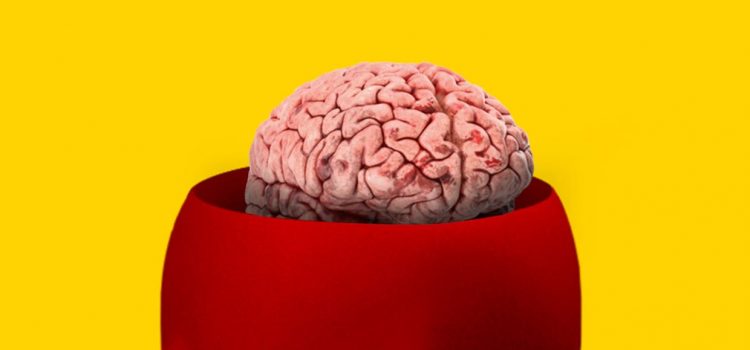How do you deal with anger? Is it ever a good idea to express your anger? According to the Dalai Lama, anger is a destructive emotion that stems from ignorance. If you struggle with anger issues, he counsels, you must first understand where your anger stems from and if it’s justified. Then, use patience and tolerance to neutralize it. You may not be able to completely eradicate it, but you can at least reduce your anger’s potency. Here’s how to deal with anger, according to His Holiness the Dalai Lama.
The Dalai Lama’s Advice for Anger Management










